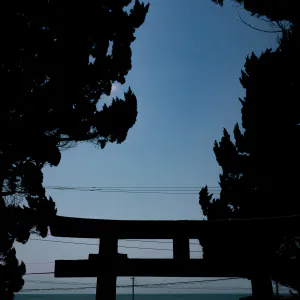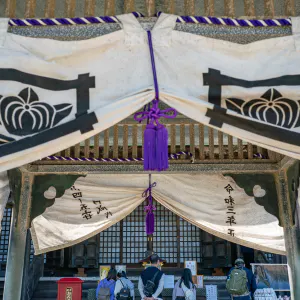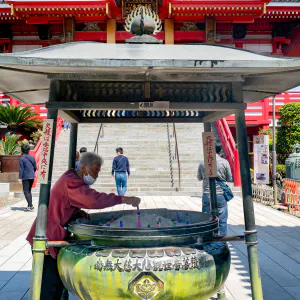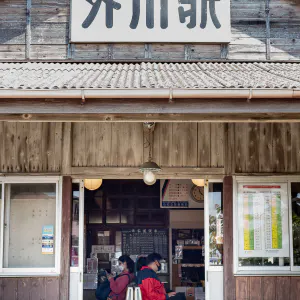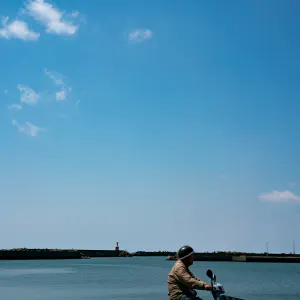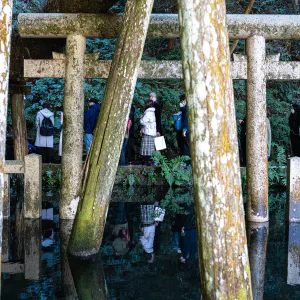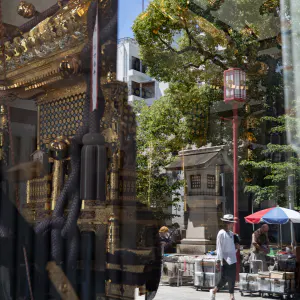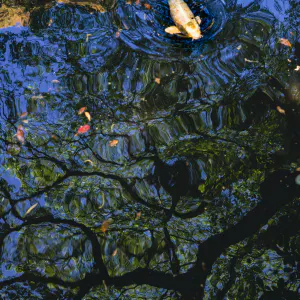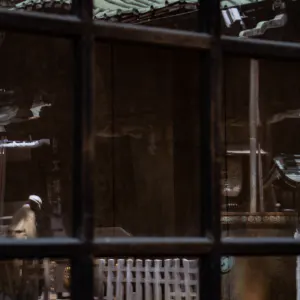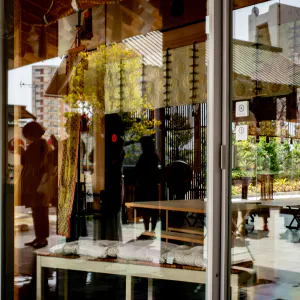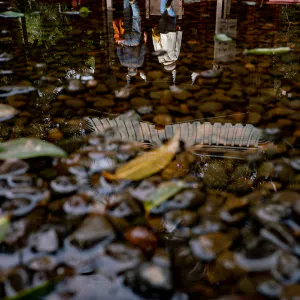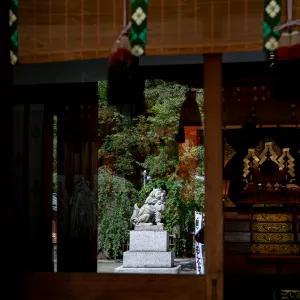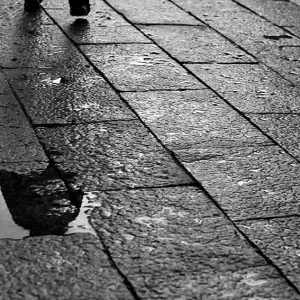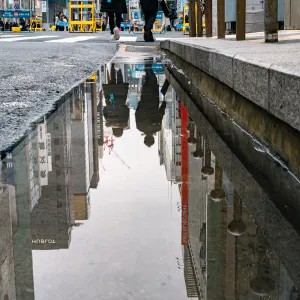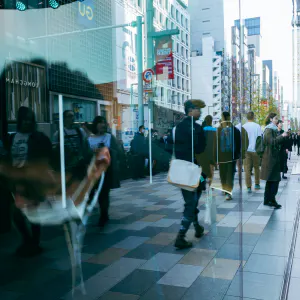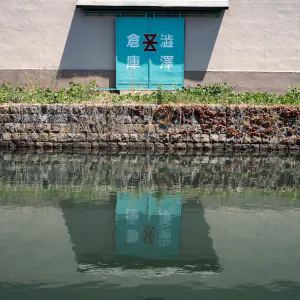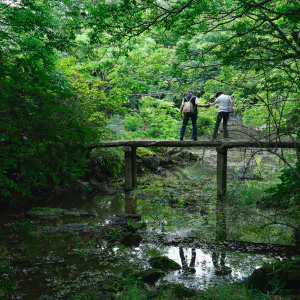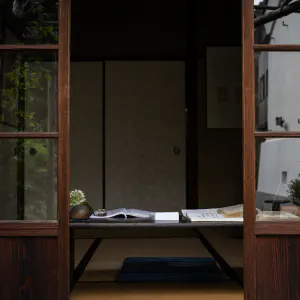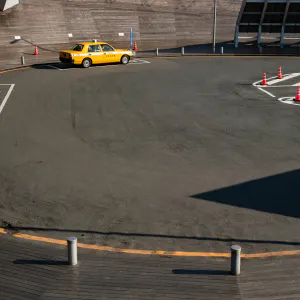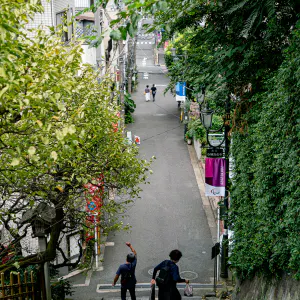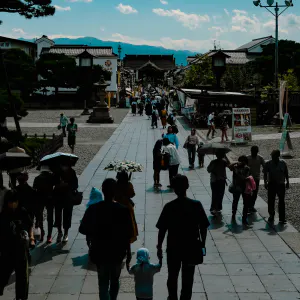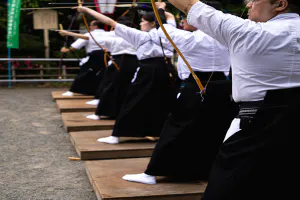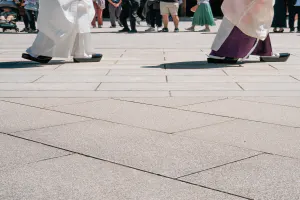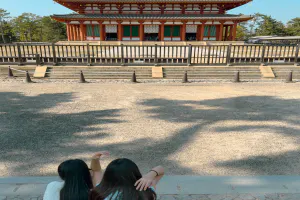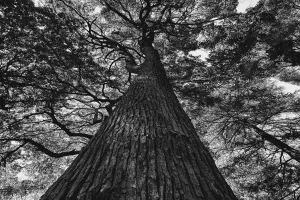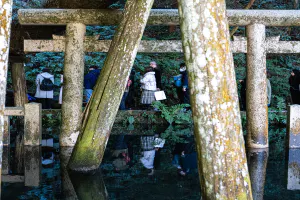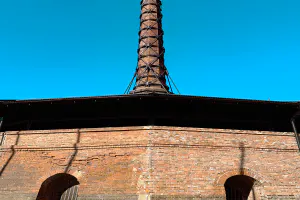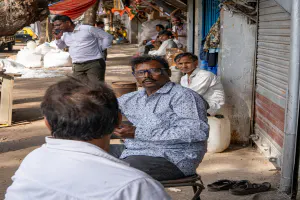The approach to the shrine was clearly visible in the glass door of Choko Shrine
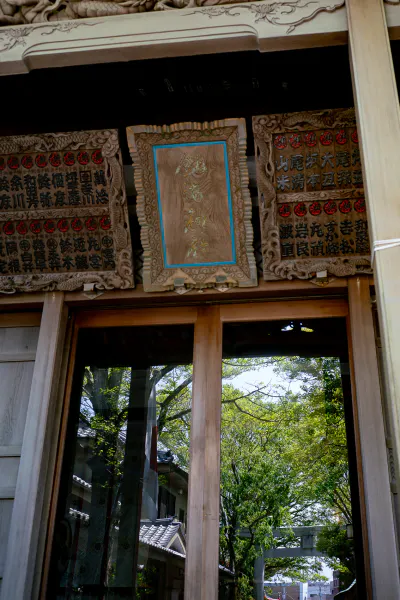
Until the invention of the steam engine, all ships navigating the seas were sailing vessels. Although some ships, such as galleys, had a number of oars protruding from both sides of the ship and could be sailed by human power, they basically could not proceed without wind. For a long time, there was no way for people to get around without wind, and it was even customary to wait in harbors until a favorable wind blew.
Perhaps that is why the Choko Jinja Shrine in Choshi, one of the largest fishing ports in Japan, enshrines a god of wind named Sinatsuhiko. Sinatsuhiko is a deity mentioned in the Kojiki and Nihonshoki, but there are customs of worshipping gods of the wind all over the world. In China, there are gods who preside over the wind, in India, Vayu and Rudra, and in Mesopotamia, there is a god named Enlil.
What is interesting is that the gods of wind are not all the same in character. There are gods like Enlil, who is the supreme authority and brings storms, and there is also Zephyrus, the fertility wind that heralds the arrival of spring, as depicted in Botticelli's "The Birth of Venus". What kind of god, then, is the ancient Japanese Sinatsuhiko, who is said to have brought about a divine wind during the Genko invasion? He seems to be a god who does not hate Japan so much, even though he is a god who brings storms.
| Jul 2022 ARCHITECTURE CHIBA | |
| CHOSHI REFLECTION SHRINE TORII |
PHOTO DATA
No
12331
Shooting Date
May 2022
Posted On
July 24, 2022
Modified On
August 11, 2023
Place
Choshi, Chiba
Genre
Architectural Photography
Camera
SONY ALPHA 7R II
Lens
ZEISS LOXIA 2/35
